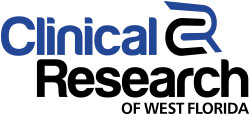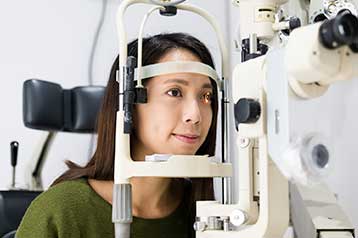
Compensation
Up to $1600
For Completed Study
Sjögren’s Syndrome Clinical research study
Diagnosed With Sjögren’s Syndrome?
Do you have Sjögren’s Syndrome and want to help drive medical research forward? Join our clinical trial to explore new treatment options while receiving compensation for your time and participation.
Find out if you qualify, learn about the trial process, and see how you can contribute to the future of Sjögren’s Syndrome treatments. Sign up below to get started!
Convenient pinellas county location
Study Location
2147 NE Coachman Road
Clearwater, FL 33765
727-466-0078
Protocol: HZNP-HZN-1116-201 & IM011-1069 | Indication: Sjögren’s Syndrome
What To Know About Volunteering For Our Sjögren’s Syndrome Clinical Trial
Joining a clinical trial is entirely voluntary, and you have the freedom to withdraw at any time. The process begins by finding a suitable trial, consulting with study doctors to determine eligibility, signing an informed consent form, completing necessary screening tests, and enrolling if you meet the requirements.
want to learn more?
What is Sjögren’s Syndrome?
Sjögren’s Syndrome is a chronic autoimmune disorder in which the body’s immune system mistakenly attacks its own moisture-producing glands. This leads to a reduction in saliva and tear production, causing dryness in the mouth, eyes, and other parts of the body. Though it primarily affects the glands, it can also impact organs such as the kidneys, liver, and lungs.
The symptoms of Sjögren’s Syndrome can vary greatly from person to person but often include:
- Dry mouth and difficulty swallowing
- Dry, gritty feeling in the eyes
- Joint pain and swelling
- Fatigue and general malaise
- Swollen glands, particularly in the neck and underarms
- Vaginal dryness
- Skin rashes or other skin issues
While there is no cure for Sjögren’s Syndrome, several treatments can help manage symptoms, including medications to increase moisture production and anti-inflammatory drugs to reduce joint pain and other symptoms. Early diagnosis and management can significantly improve quality of life for individuals affected by this condition.
Interested In Learning More





